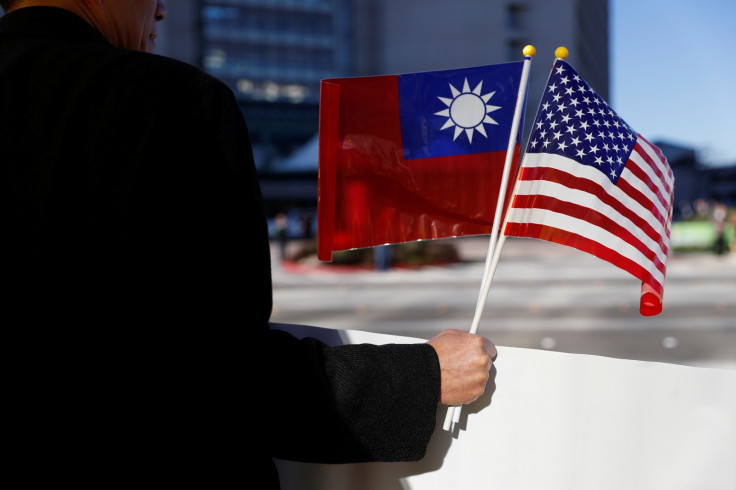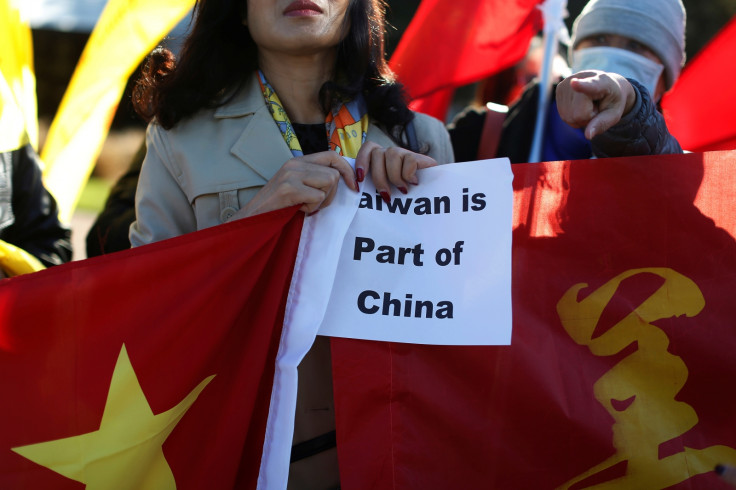China enraged as Taiwan delegation gets ready to attend Trump inauguration
Donald Trump is scheduled to be sworn in as the 45th president of the United States on 20 January.
The war of words between US President-elect Donald Trump and China continues to rage on as a delegation from Taiwan is set to attend the Republican's inauguration on 20 January. It has forced Beijing to warn Washington against allowing the team to be present at the event.
Beijing has said it is opposing Taiwan's attendance as it could lead to disturbance in Sino-US ties.
"We once again urge relevant parties in the US to allow no delegation sent by the Taiwan authority to attend the inauguration ceremony of the president, and not to have any official contact with Taiwan," Hua Chunying, China's foreign ministry spokeswoman said on Wednesday (18 January). "This message has been delivered to the sitting US administration and the Trump transition team," the Guardian reported.
China is generally opposed to Taiwan using any excuse to send people to the US to "engage in activities to interfere in or damage China-US ties", Hua added.
The communist country considers Taiwan a breakaway province.
The delegation is reported to include Taiwan's national security adviser and some lawmakers, led by former premier and ex-ruling party leader Yu Shyi-kun. This would "show the importance our government and people attached to the close and friendly relationship between our two countries," Taiwan's foreign ministry said.
China's ambassador to the US, Cui Tiankai, is reported to be attending the inauguration.

Taiwan typically sends a delegation to attend the inauguration of US presidents. However, China has been piqued by Trump's breach of diplomatic protocol in attending a call from Taiwanese President Tsai Ing-wen in November.
China has often threatened to use military action against the island nation to discourage it from attempting to seek formal independence from the mainland. It already suspects Tsai, who is from the pro-democratic party, to be working towards freedom ever since she failed to make a mention of the 'one China' principal, which recognises Taiwan as being a part of China, during her inauguration in May last year.
Trump has also suggested that the 'One China' policy could be used by him as a "bargaining chip" in future trade talks with China. His actions were slammed by the Chinese media, which has repeatedly called for the Republican to "stop playing with fire" on matters related to Taiwan.

© Copyright IBTimes 2025. All rights reserved.





















